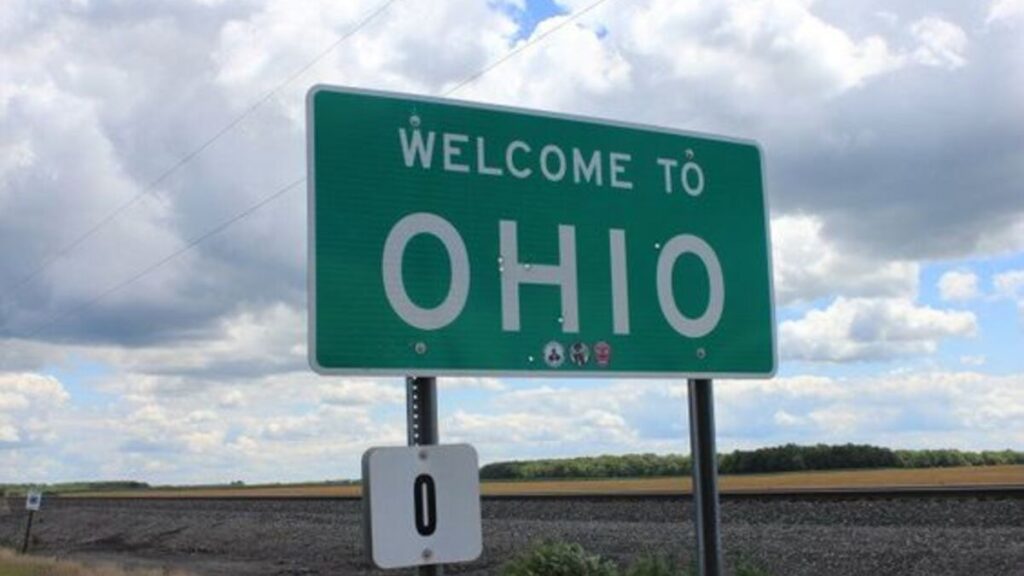
The Governor of Ohio, Mike DeWine, has finally passed the controversial House Bill 68. However, there is a catch. The bill was supposed to include three sections when he first announced it.
When he passed the bill at the beginning of January, it included only one major law. DeWine issued an executive order banning from performing gender-affirming surgeries on minors. This means that the state no longer allows people under the legal age of 18 to have any surgery that transitions them to another gender.
The more comprehensive bill had two other rules. First, it would have banned puberty blockers and gender-affirming hormone therapy for underaged people. Second, it would also have prohibited trans girls and women from playing on girls’ and women’s sports teams in high schools and colleges in Ohio.
However, DeWine vetoed both of these rules with his executive power. He only passed the initial bill as gender-affirming surgeries are more definite and majorly irreversible. The law passed with a supermajority of Republican support, meaning the state legislature could override DeWine’s veto.
ALSO READ: Ohio Governor Vetoes Bill Banning Transgender Care, Sports Participation
In fact, the Columbus Dispatch, part of the USA TODAY Network, was right to predict that it could happen just a week after DeWine passed his order. Right on cue, the Republicans voted to override his veto and enact a bill curtailing transgender rights.
Transgender advocates around the country praised DeWine for vetoing the bill and expressed their appreciation for him. They also said that the Republican governor sent a message to the rest of the party, which has successfully enacted anti-transgender and anti-LGBTQ laws during the past three years in states they control.
POLL—Should Public Schools Include Critical Race Theory and Sex Education in Their Curriculum?
The groups also warned that young trans people would likely face regardless of DeWine’s veto. For most parents, they will rather seek out-of-state care if their child is insistent on getting the surgery. The TransOhio, a trans-led statewide LGBTQ advocacy group, has also started an emergency fund for families who may need to seek care out-of-state.
A representative said in a news release that the law is a “deeply discriminatory” bill that “cast a dark shadow over the rights and safety of transgender youth and their families in Ohio.” This is despite the governor’s veto.
Moreover, some people are more worried about the legislature overriding DeWine’s veto than the current law. This is because most minors do not do gender-affirming surgeries.
ALSO READ: Ten-Year-Old Transgender Girl Condemns Ohio Trans Care Ban
Instead, a lot of young transitioners rely on hormone therapy and puberty blockers. Therefore, DeWine’s bill only affects a relatively small number of trans minors, according to experts. Studies show that it is more common for young people who are transitioning to use pronouns, new clothes, hairstyles, and makeup rather than surgeries.
Therefore, the major thing they need to worry about is the possibility of overruling by state legislators. If they do overrule the law, almost all transgender rights will be null and void, and it would affect the minors greatly.
You Might Also Like:
Rapper 50 Cent Blasts California’s Health Insurance Plan for Illegal Migrants
Oakland, Ca Mayor Sheng Thao to Face Recall a Year After Entering Office
Tennessee Town Council Brings Chick-fil-A’s Proposed Mega Restaurant Plan to a Halt
Philadelphia Measles Outbreak Has Providers on Alert as Infected Residents Flout Quarantine Rules
Michigan Teen Speaks Out After Suing School District for Racial Slurs and Threats
